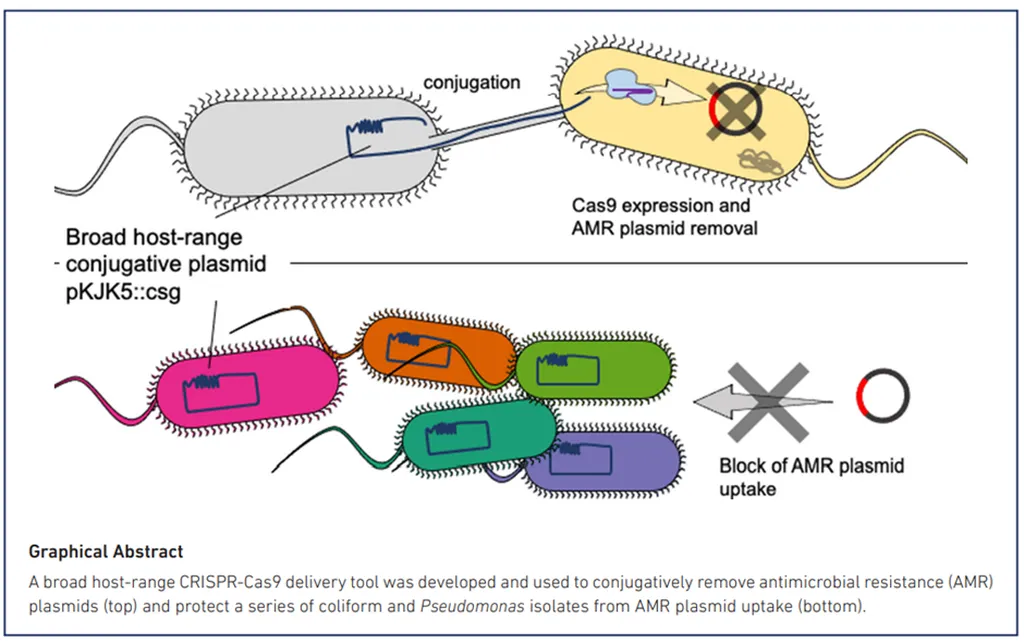In the rapidly evolving world of agricultural biotechnology, gene editing technologies are revolutionizing how crops are developed and improved. However, the regulatory landscape remains a patchwork of uncertainty, particularly under international agreements like the Cartagena Protocol on Biosafety (CPB), which was originally designed for genetically modified organisms (GMOs). This regulatory ambiguity poses significant challenges for both product developers and regulators, potentially stifling innovation and delaying the benefits these technologies could bring to the agriculture sector.
A recent study published in *GM Crops & Food* and led by Saarani Vengadesen from the Faculty of Law at Universiti Malaya in Kuala Lumpur, Malaysia, critically examines the role of the Precautionary Principle (PP) in governing emerging genetic technologies. The study highlights how the PP, which underpins the CPB, has been interpreted in ways that create legal barriers, particularly in the European Union, thereby delaying the adoption of beneficial technologies. “The Precautionary Principle, while well-intentioned, has often been applied in a manner that stifles innovation rather than protecting the environment or public health,” Vengadesen notes.
In contrast to the PP, the study proposes a Principle-Based Approach (PBA) as a more adaptive governance framework. PBA is grounded in high-level principles that allow for flexibility as scientific evidence evolves. This approach could provide a more balanced regulatory environment, enabling the agriculture sector to harness the full potential of gene editing technologies without being bogged down by overly restrictive regulations.
The study reviews global regulatory trends and identifies jurisdictional challenges, contrasting the theoretical and practical implications of the PP and PBA. It concludes with policy recommendations advocating for a hybrid model that integrates precaution with principle-based flexibility. This hybrid approach could help strike a balance between ensuring safety and fostering innovation, ultimately benefiting the agriculture sector.
The implications of this research are significant for the commercial agriculture sector. Gene editing technologies promise to enhance crop resilience, improve yields, and reduce the environmental impact of farming. However, the regulatory uncertainty surrounding these technologies has created a chilling effect on investment and innovation. By advocating for a more flexible and adaptive regulatory framework, this study could pave the way for faster adoption of gene-edited crops, benefiting farmers, consumers, and the environment alike.
As the agriculture sector continues to grapple with the challenges of climate change, food security, and sustainable farming practices, the need for a robust and adaptive regulatory framework has never been more pressing. This study provides a timely and thought-provoking analysis of the current regulatory landscape and offers a pathway forward that could unlock the full potential of gene editing technologies for the benefit of all.

